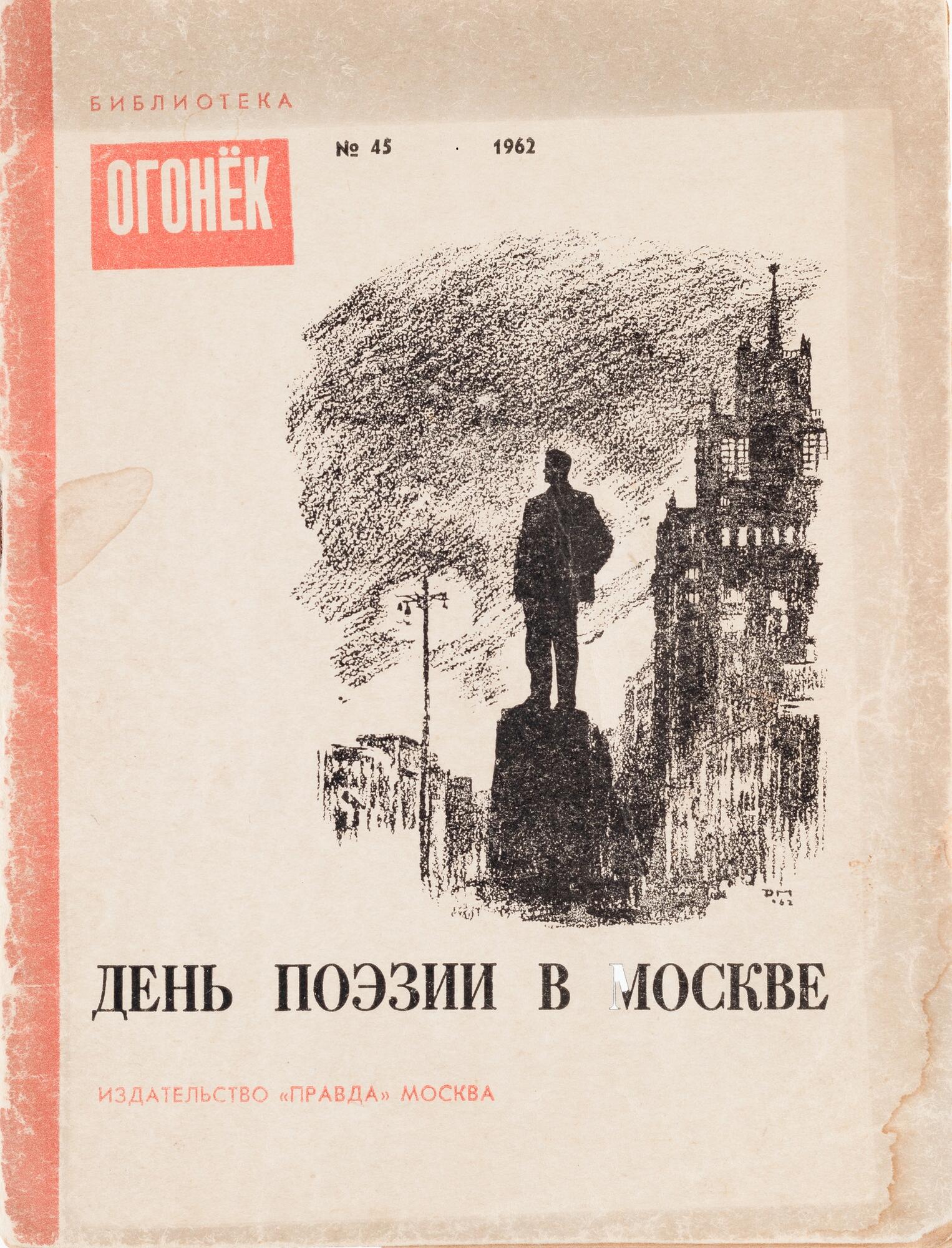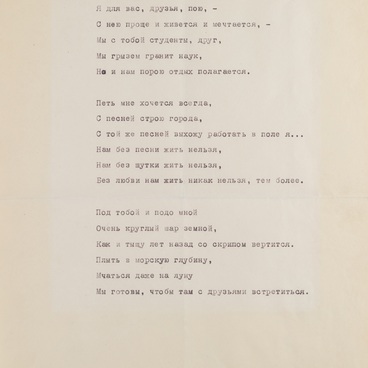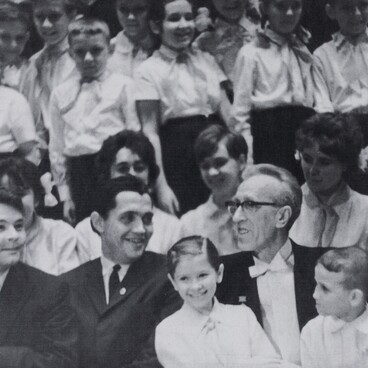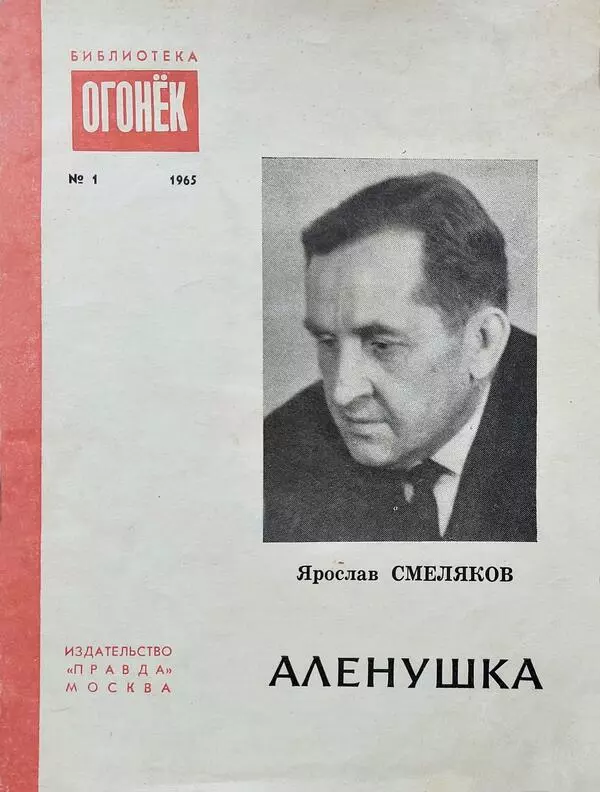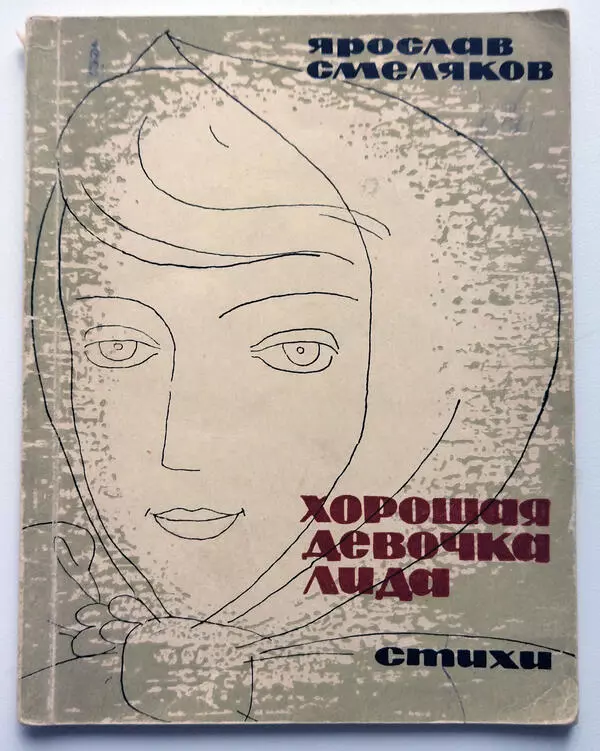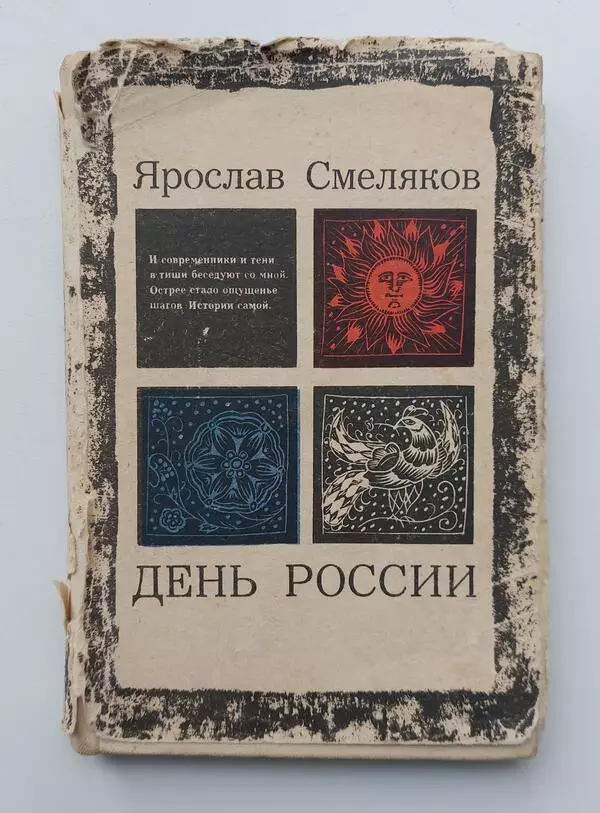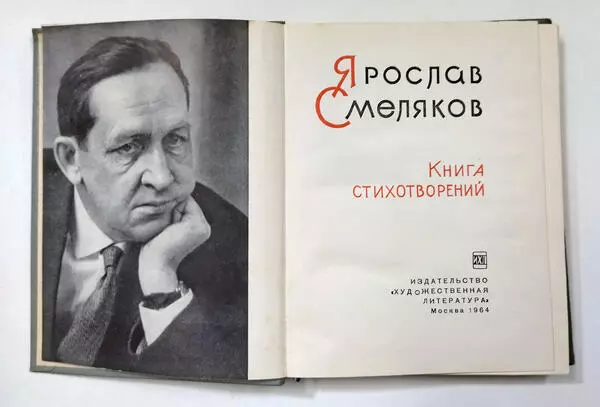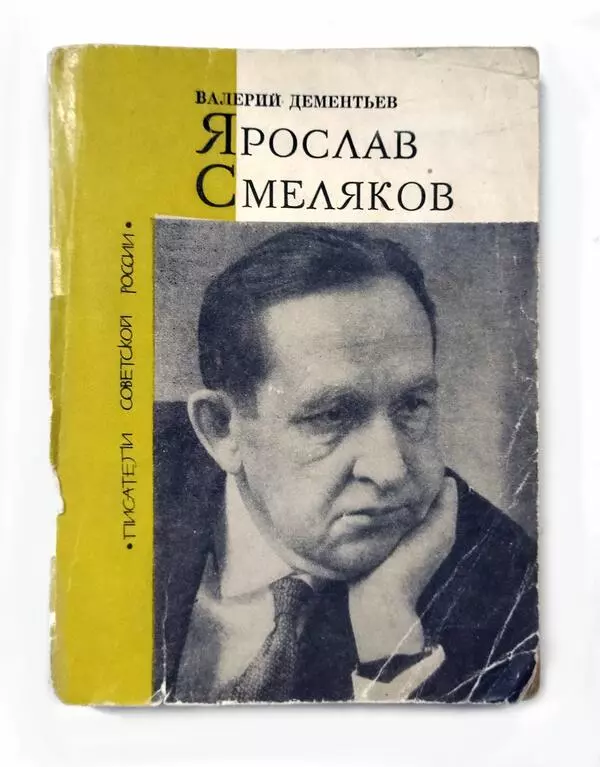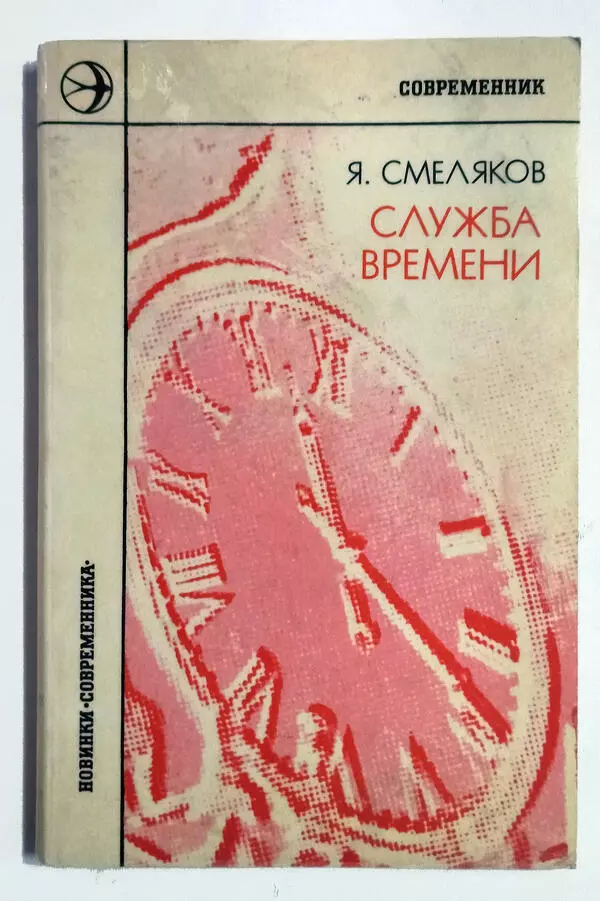In the late 1950s, poetry gained immense popularity. Never before had poetry had such an important social significance and attracted so many people. At the beginning of the “Khrushchev Thaw” era, the sales of poetry books increased tenfold, and poetry evening readings moved from libraries to stadiums. The first mass poetry reading at the Luzhniki stadium was held in November 1962; thousands of people gathered. The rising stars of the new poetic generation — Bella Akhmadulina, Yevgeny Yevtushenko, Andrei Voznesensky, and Robert Rozhdestvensky — attended it. A wide audience, which had previously been completely indifferent to literature, showed immense interest in poetry.
As they read the poems, the public roared. Poetry aroused an interest in the spiritual life of a person and gave hope that the “Khrushchev Thaw” era would result in some long-awaited changes in society. The euphoric feeling, which captivated people after many oppressive years, demanded an emotional outburst, and lyrical poetry was very much appropriate. It was not a happenstance, that many newspapers quickly established poetry columns; programs, dedicated to poetry, were broadcast on television.
Due to this immense public interest, the country began to celebrate the “Day of Poetry”, which quickly gained popularity. The brochure from the museum collection was created after one such celebration. In one of his interviews, Robert Rozhdestvensky spoke about the role of poetry in that period:
As they read the poems, the public roared. Poetry aroused an interest in the spiritual life of a person and gave hope that the “Khrushchev Thaw” era would result in some long-awaited changes in society. The euphoric feeling, which captivated people after many oppressive years, demanded an emotional outburst, and lyrical poetry was very much appropriate. It was not a happenstance, that many newspapers quickly established poetry columns; programs, dedicated to poetry, were broadcast on television.
Due to this immense public interest, the country began to celebrate the “Day of Poetry”, which quickly gained popularity. The brochure from the museum collection was created after one such celebration. In one of his interviews, Robert Rozhdestvensky spoke about the role of poetry in that period:
